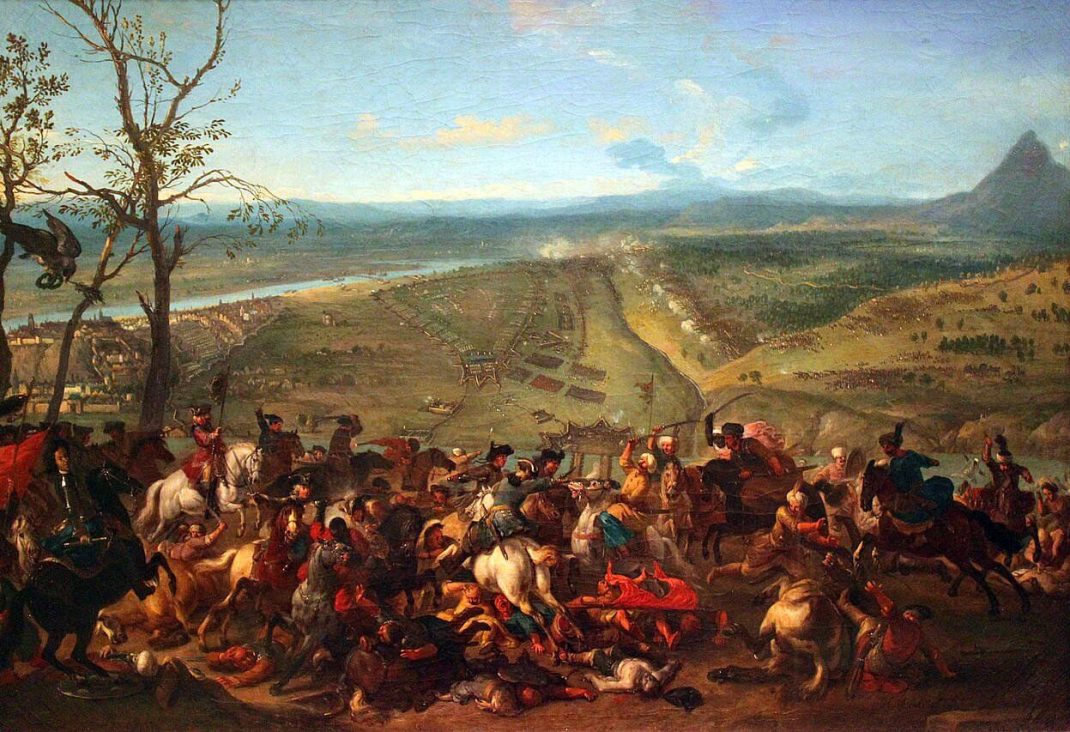First read the first chapter: The Ottoman Empire
HOW SULEYMAN THE MAGNIFICENT GOT HIS NAME
In 1520, Süleyman inherited an Ottoman Empire fresh from con- Accession of quests in Egypt, Syria and the Arabian peninsula. As Sultan (1520-66), the land-hungry Süleyman doubled the empire’s size again, securing borders from the Balkans to Iraq and south to the Arabian Peninsula and Africa. He even gained Hungary for the Ottomans before being halted at the gates of Vienna in 1529.
“Magnificent” referred both to his military prowess and to his 1520-1566 Süleyman’s administrative, artistic, literary, and architectural legacies were equally sensational. As a legislator, he earned the title of Kanuni (the Lawgiver), and his patronage of Mimar Sinan, the great Ottoman architect, resulted in some of the most renowned of Ottoman monuments (Ottoman Architecture) including 41 mosques in Istanbul alone.
More information about Suleyman the magnificent
TROUBLES AT HOME, TROUBLES ABROAD
Süleyman’s most influential wife, Roxelana, convinced the Sul¬tan to name her less-than-magnificent offspring as his succes¬sor. Selim the Sot turned virtually all matters of state over to the Grand Vizier. After Selim’s death (he drowned drunk in his tub in 1574), the palace was rife with infighting. This period has been dubbed the “rule of the women,” as mothers of potential sultans vied for power by knocking off rival sons. Such tiffs in Istanbul only worsened the government’s vulnerable condition.
The sultanas were increasingly transient and inexperienced. Most were crowned without any knowledge of or background in administration, having whiled away years in the harem. With an end to fratricide in 1609, sultans safeguarded their sovereignty by imprisoning rather than killing their male relatives. At times, the women of the harem and the vezirs (officials) stepped in to fill the vacuum left by incompetent sultans. Janissaries gained power and made their privileges hereditary, attacking any threats to their status with generalized terror and hooliganism. The word of the sultan was law; he commanded the army, appointed statespersons, and supervised the cabinet ministers (divan). All land was owned by the state, which collected revenue and reclaimed land that was ineffectively fanned for three consecutive years. Medreses diversified from religious studies to include language, philosophy, and the sciences. Students lived in cells and studied a fixed set of books rather than for a fixed period of time.
On the economic front, the British and Dutch ditched Middle East trade routes in favor of new Asian ones. Moreover, the discovery’ of precious metals in the Americas eased European alliance on Ottoman wealth and caused hideous inflation in the Ottoman provinces. The Porte responded by debasing the currency, causing serious long-term consequences for an exploding population already living in poverty.



Leave a Reply